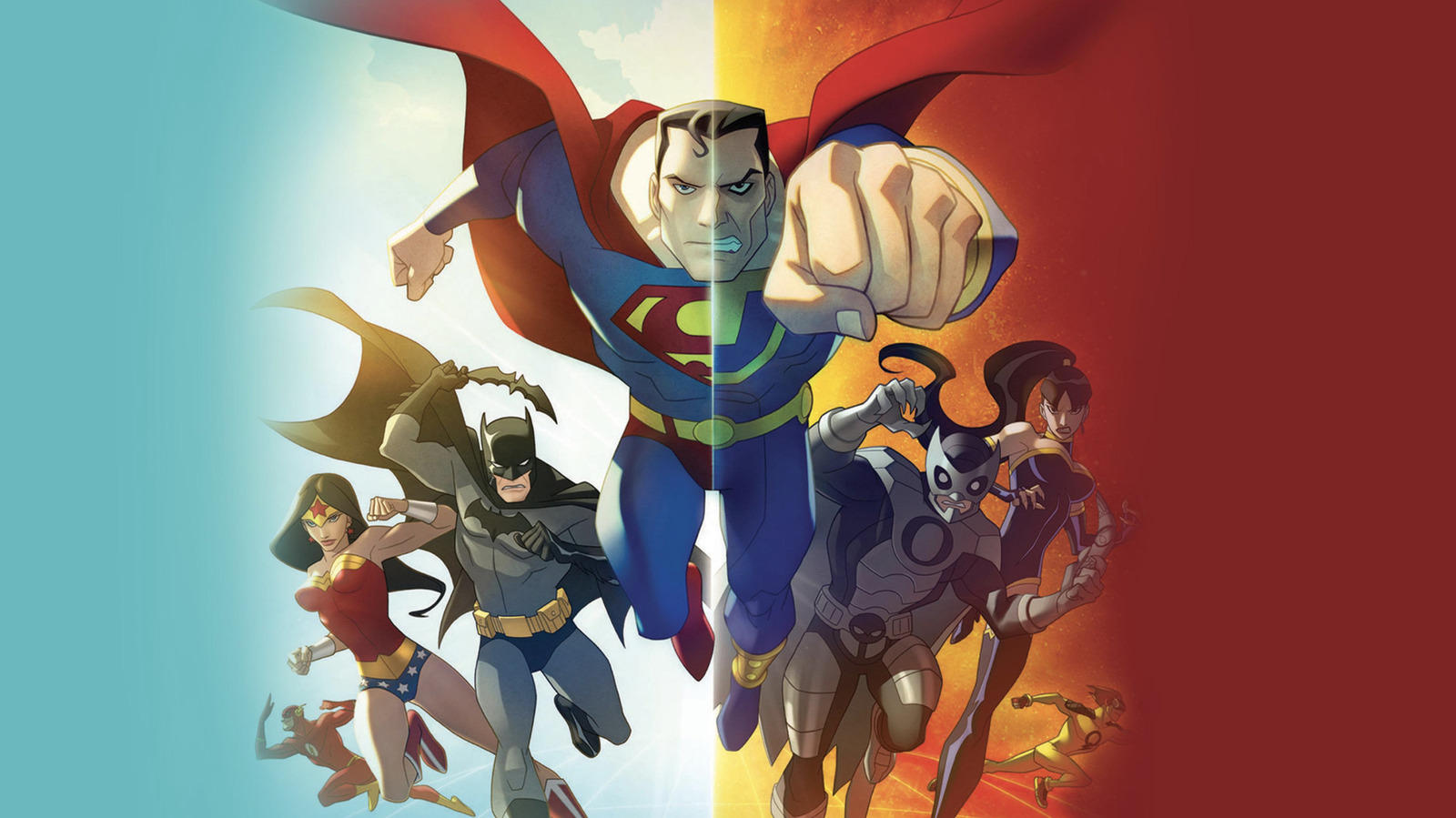
The Multiverse isn't exactly science fiction. Of course, its existence has not been proven, but it has a theoretical basis in real quantum physics. A wave function (a mathematical expression of a quantum system that can provide a probability of where a particle will be found) is said to “collapse” after a definitive measurement is made. The “many-worlds interpretation” developed by physicist Hugh Everett suggests instead that when a quantum system is measured, all of them possible measurements are made in many universes.
compare Schrödinger's Cat thought experimentitself derives from the idea of quantum measurement; If you stick a cat in a closed box, there's no way to be sure the animal is alive or dead, so technically it's neither.
Experts noted looking at the world this way has some chilling philosophical implications; as individuals and as all of humanity, we value our uniqueness. If every variation of “we” exists on one plane of existence, that uniqueness disappears. This is the root of Owlman's nihilism, although he defines reality as branching based on people's choices rather than the behavior of particles (which does character-driven narrative).
“Every decision we make is meaningless because somewhere, on a parallel Earth, we have already made the opposite choice. We are nothing. We are less than nothing,” Owlman explains. His analysis is not wrong in itself; cold under a certain lens is rational. But you'd have to be extremely immoral to conclude that this makes human life “meaningless” – that's what Owlman is, so he wants to destroy the original “Earth-Prime”, thinking it will cause all other realities to collapse. “The only action a man can do will be any goal,” he said, because destroying all reality is the only decision that cannot be reversed in another world.
Woods gives a chilling performance as Owlman; quiet and evil, the opposite of his most famous voice role as the talking Hades in Hercules. On the other hand, “Crisis on Two Earths” would have benefited from having Kevin Conroy back as Batman, as it would have added some punch to the already fantastic battle between Batman and Owlman.
I can clearly hear Conroy delivering Batman's lines to Owlman, especially his farewell: “There's a difference between you and me. We both stared into the abyss, but when he looked at us… you blinked.” Both men faced despair, but only one gave in.
Owlman's character does evil Batman, yes, but it goes deeper than the novelty of having the Dark Knight as a villain; he is a foil to Batman's ethos of will and determination that one man can make a difference. Owlman prefers to destroy everything rather than live with the “illusion of free will”, while Batman sees the world in terms of everything, dark and light, and strives to make the world better in the faith that others, even his enemies, can do the same. to be the better. If there's one thing Justice League: Crisis on Two Earths taught us, it's that we're all the sum of our different choices.



